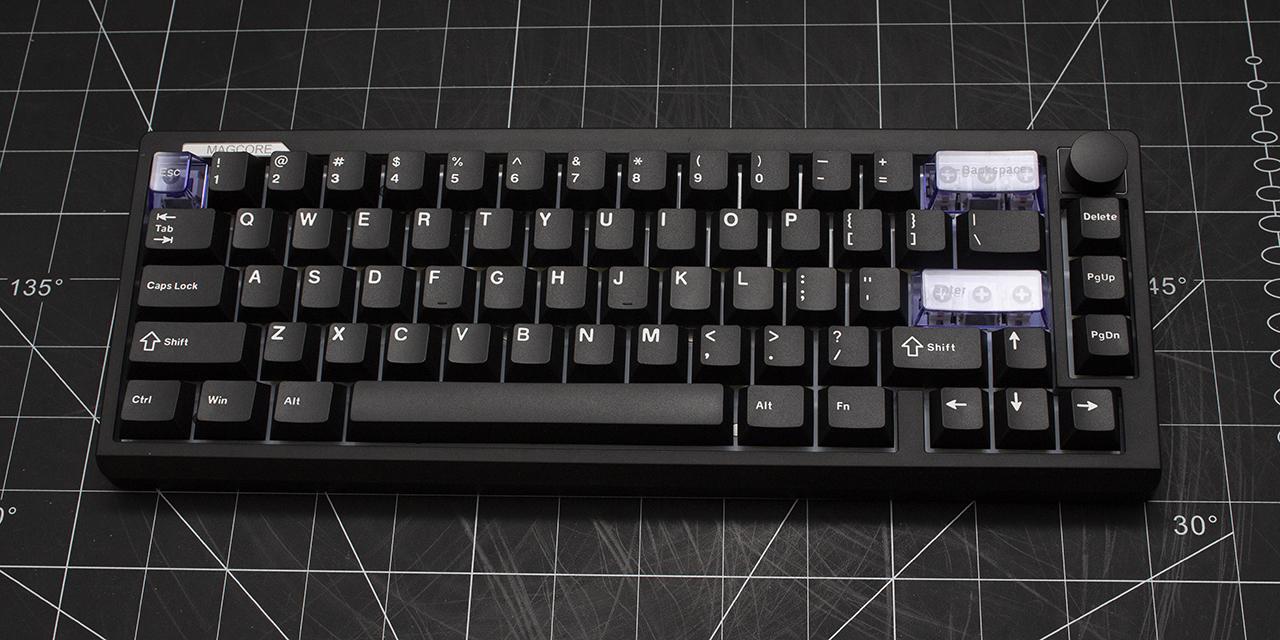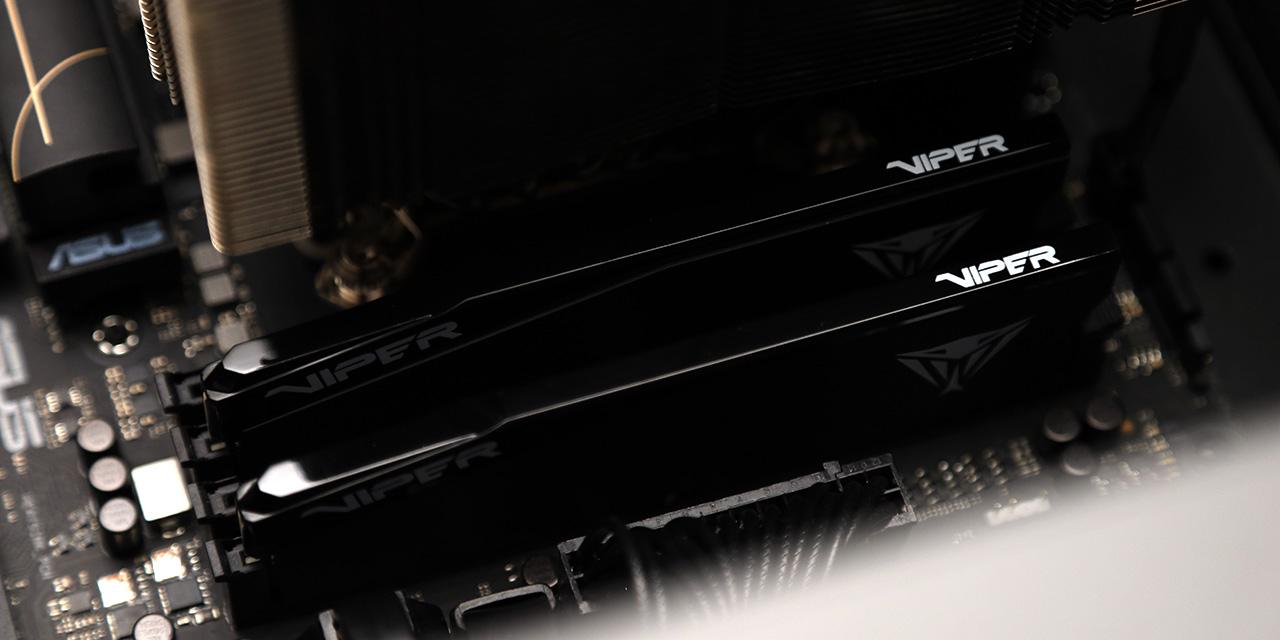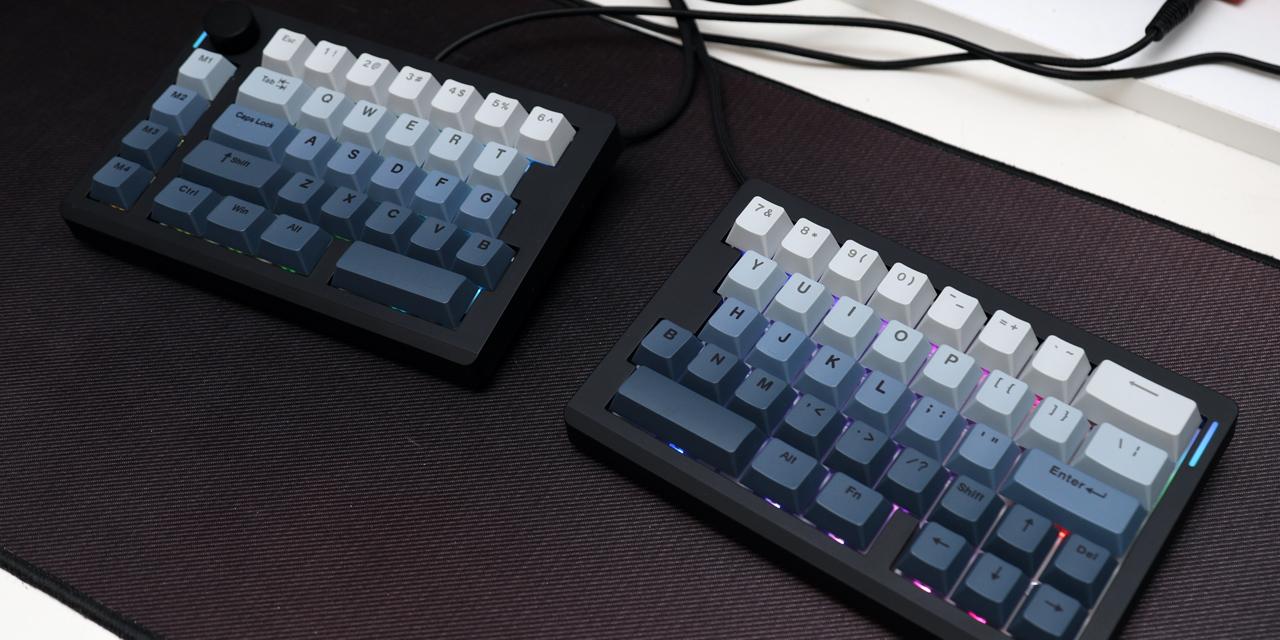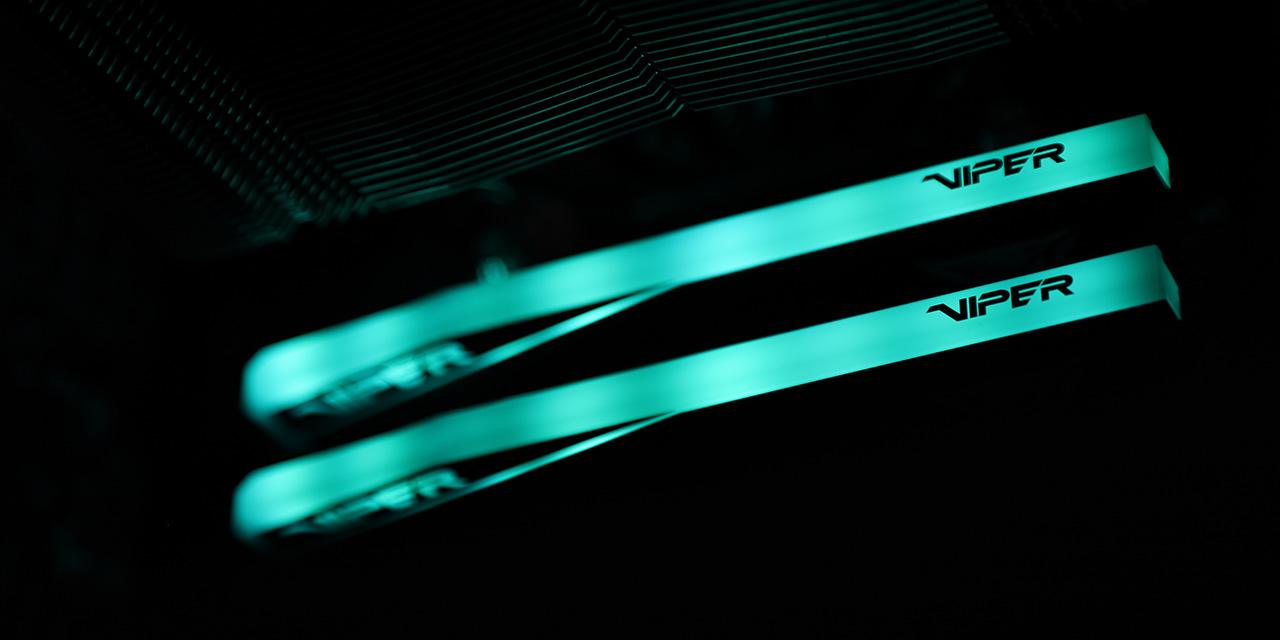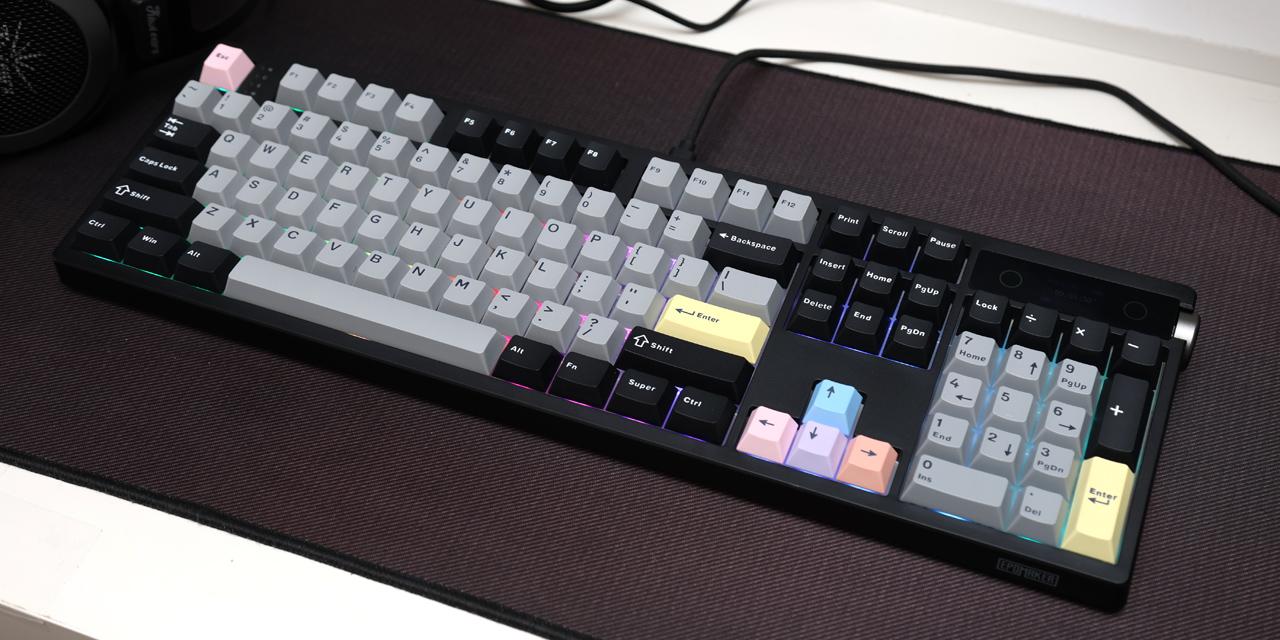|
From DailyTech: At its yearly analyst meeting earlier this year, Advanced Micro Devices, Inc. (AMD) surprisingly suggested that it might be open to exploring licensed and modified ARM Holdings plc (LON:ARM) intellectual property (IP) cores as an alternative to x86, or to explore other licensing partnership with ARM. At the time the commentary seemed very speculative, but we now have the first taste of a concrete licensing relationship between the companies. ARM and AMD announced Tuesday evening that AMD would be licensing the TrustZone technology developed by ARM and its partners. Much like rival Intel Corp.'s (INTC) "Trusted Execution", TrustZone implements hardware-level security technologies for systems-on-a-chip. TrustZone was currently announced for Cortex-A Series chips, but AMD's plan to include it on "millions" of accelerated processing units (APUs) represents yet another conquest for the licensable technology. AMD Senior Vice President and Chief Information Officer Mike Wolfe comments, "With AMD’s support for, and inclusion in, the expanding TrustZone ecosystem, consumers and businesses can rest assured their data and content are secured by an industry-standard security solution that spans a multitude of devices and operating systems. This example of AMD’s ambidextrous strategy, which leverages our history of x86 and graphics innovation while also embracing other technologies and intellectual property, will help drive a more secure computing experience for our consumer and businesses customers." "Ambidextrous" is a good way of describing AMD's present strategy. The company's much smaller sales forced it to move out of the chip fabrication business, spinning off its fabs. As AMD moved from the role of chipmaker to chip designer, it began to recognize the value of adopting a more flexible approach in order to stay competitive with its much larger rival, Intel. Looking ahead it may behoove AMD to continue to produce x86 cores -- the same architecture used by Intel. But AMD may ultimately design to try licensed ARM CPUs as well, an approach that its graphics rival NVIDIA Corp. (NVDA) used to become a legitimate contender in the mobile CPU market. View: Article @ Source Site |
 |
AMD Pairs With ARM to up Security, Heterogeneous Computing
© Since 2005 APH Networks Inc. All trademarks mentioned are the property of their respective owners.
